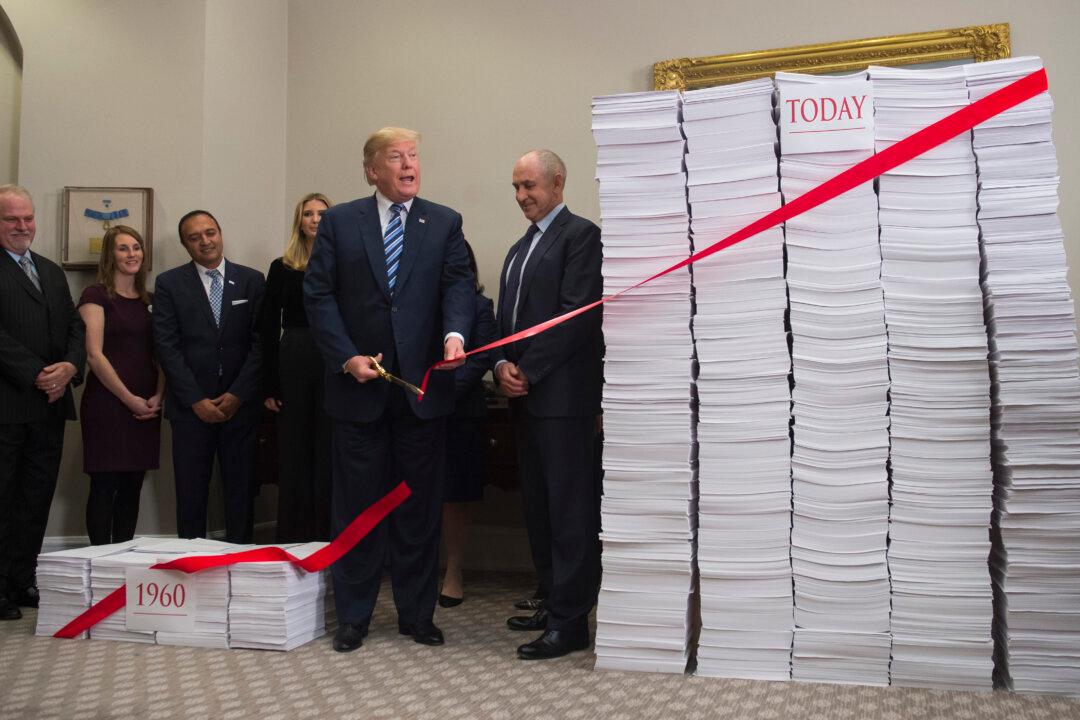There was a time when many academics and members of the press in the West believed a Soviet-style command economy was the better system. After the Soviet bloc collapsed, these people still exist but find themselves in the minority—central planning was dead and buried.
And yet, when it comes to government regulation in the United States and other Western countries, there exist near unanimity that private sector activity needs to be regulated by the state and more is better than less.





